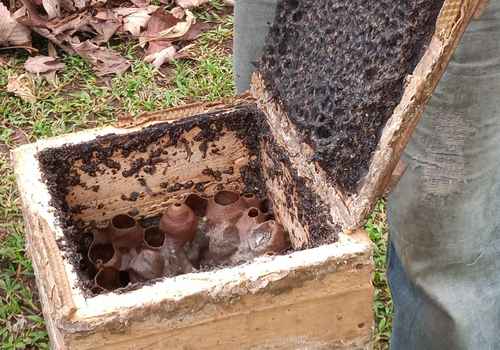Native bees, particularly the melipona bee variety, have shown potential benefits for human health thanks to bacteria isolated from their digestive tracts. These bacteria possess anti-inflammatory and anti-aging properties and could help combat mite infections and viral diseases in bees. Research led by Guiomar Melgar Lalanne at the Biomedical Research Center at the Universidad Veracruzana focused on these beneficial microorganisms in native bee populations in Veracruz.
The importance of native bees for environmental conservation cannot be overstated, particularly their role in pollinating cloud forests and tropical ecosystems. However, the use of pesticides and the introduction of Africanized bee species have threatened their survival. To address this issue, Melgar Lalanne’s research team collaborated with honey producers in Teocelo to study the beneficial microorganisms present in the digestive tracts of native bee species.
During their research, two key microorganisms were identified: Weissella sp and Fructobacillus sp. These bacteria possess anti-inflammatory and anti-aging properties and could help combat mite infections and viral diseases in bees. The researchers are now studying the encapsulation of these bacteria to explore their effectiveness against pesticides like glyphosate, which have been linked to declines in native bee populations.
The results of this research have significant implications for environmental balance and the conservation of native bee populations. By finding ways to support and increase their presence, researchers hope to contribute to the preservation of forests, agricultural fields, and ultimately human health. Previous studies have suggested that certain bacteria may be able to digest pesticides and reduce harm to bees, highlighting the potential of microbiota research for insect conservation.
Native bees play a crucial role in ecological systems, with Mexico being home to numerous species including various species of meliponas. Yucatán and Veracruz are among the states with some of the highest populations of native bees.
As researchers continue exploring ways to protect these important pollinators, their efforts may offer new insights into sustainable agriculture and environmental conservation.
In conclusion, bacterial isolates from native bee gut show promising results for human health benefits such as anti-inflammatory properties while also providing potential solutions for mite infestations that threaten native


